As one of the oldest civilisations on record, ancient Rome was composed of two divided classes of people; the patricians and plebeians. Considered one of the most influential society structurs in history, the patricians were the ruling class of elitist individuals who ultimately controlled politics, economy, and the social and military affairs of the Roman republic. From the founding of the town of Rome to the fall of the city, the patrician class enforced a strict social hierarchy that was revered and mired in controversy almost simultaneously.
In the beginning, the patrician class was comprised of the original settlers of Rome and their direct descendants. To become a patrician was a privilege bestowed upon only a select few who were considered the upper-class of society. This exclusivity was denoted by the Latin phrase ‘gentes’, meaning ‘families’ or ‘clans’ which was also associated with being part of the elite of Rome. Often, membership of this exclusive class was based on one’s ancestry rather than merit or personal wealth.
Patricians in ancient Rome typically held a wide range of powerful positions within the government and held near-monopoly powers in terms of trading agreements. Additionally, they held all of the major priesthood posts. Over the centuries, the patricians often used their power and influence to solidify their elites position within the ranks of society above all other classes. This, of course, had significant economic, social and political implications.
The patrician class also held a monopoly over the political arena. This was evident in the ancient Roman Senate where only patricians were allowed to hold office and make decisions. This system of government, known as the Roman Republic, existed for nearly five centuries. During this period of time, the patricians largely maintained their exclusive social and political power.
In spite of the systemic inequalities perpetuated by the patrician class, it also contributed significantly to the development of an independent Rome. Because the patricians were able to leverage their wealth and resources, they were able to create an efficient government, establish military supremacy, and build the powerful legacy of the Roman Empire.
The power of the patrician class was eventually undermined by a series of events, most notably the increasing strength of the plebeians. In the 5th century BC, plebeians began to demand their political rights in the face of patrician control. Over time, this led to the inflation of the power of the plebeians, which eventually led to a more democratic form of government. This eroded the influence of the patrician class, and eventually led to the plebeians gaining full political rights in the Roman Republic.
The legacy of the patrician class in ancient Rome continues to draw attention even today. Whether it is because of their exclusive social status, or their contributions to the development of Rome and the rest of the world, their presence has undoubtedly left a lasting impression on the modern world.
Decline of the Patrician class
The decline of the patrician class was directly connected to the rise of the plebeian class in the 5th century BC. This new class started demanding their political rights and started to challenge the unchallenged rule of the patricians. In order to meet the demands of the plebeians, the patricians had to give up some of their political rights and power. This process culminated with the passage of the Lex Hortensia in 287 BC, which stated that decrees by the Centuriate Assembly would now be binding on all Roman citizens, providing rights and benefits to those who traditionally had very little, the plebeians.
The conflict between the patricians and the plebeians had direct implications on the political system of Rome as well as its economy. As Political and civil power was transferred from the patricians to the plebeians, patricians were forced to relinquish their exclusive control over trade and wealth of Rome. This led to plebeians increasingly gaining control of trade, land, and other aspects of the Roman economy. This, in turn, allowed plebeians to gain greater economic power, leading to their eventual ascendancy in the Roman Republic.
The slow but steady decline of the patrician class also had an effect on Roman culture. With the rise of plebeian power, the exclusive culture of the patricians slowly began to fade away. The higher classes sought to preserve their cultural superiority through patronage of the arts, but the increasing power of the plebeians eventually outstripped it.
The decline of the patrician class had significant effects on the Roman Republic and its culture, leading to a more democratic form of government and a change in the power structure of the state. Though the patricians are no longer in power, their legacy still remains to this day.
Contributions of the patrician class
The patricians of ancient Rome had a major impact on the development and success of the Roman Empire. They wielded a greater level of power and control than any other group in the Roman Republic. As such, their contributions to society were tightly tied to their ability to exercise such power and control over their plebeian counterparts.
Patricians made significant contributions in the areas of politics, economics, and military affairs. Politically, they were able to create the Roman Republic by essentially forming a checks and balances system between the patricians and the plebeians. They also established a strong government and legal system which helped to maintain order and stability in the Roman Empire.
Economically, patricians were extremely influential as they held near-monopoly control of trade and wealth. They used their economic power to build Rome into a powerful empire and to expand its influence and reach. Additionally, the patricians were able to skilled financial advisors, which allowed them to manage their wealth with great precision.
Finally, the patricians were involved with the military affairs of the Roman Empire. They were instrumental in establishing the powerful military forces of Rome, including the infamous legions. Additionally, they developed an effective strategy for deploying and managing military campaigns.
In sum, the contributions of the patrician class to the Roman Republic were essential in creating a powerful political and military entity. Without their influence, the Roman Empire may have never achieved the same level of success and grandeur.
Consequences of the patrician class
The consequences of the patrician class on ancient Rome were far-reaching, both positively and negatively. On one hand, they brought wealth, stability, and a level of sophistication that helped Rome become a great empire. On the other hand, their influence and power caused social inequalities, exclusion and instituted a political system that heavily favored their class.
The most obvious consequence of the patrician class was the reinforcement of extreme social inequalities. Patricians were the only class allowed to hold political office and make decisions in the Senate. This exclusive system had significant implications on the plebeians and other lower classes, who were deprived of basic political rights, something that would not be addressed until the passing of the Lex Hortensia.
Additionally, patricians had a virtual monopoly on wealth and power. This allowed them to amass great amounts of wealth and resources, giving them a greater degree of influence and control that would not be possible without such a system. This, in turn, allowed them to further strengthen their own position and extend their power within the government.
The consequences of the patrician class also included the slow erosion of Roman culture. The exclusivity of the patricians caused a separation between them and the lower classes. This, in turn, caused the Roman culture to become distorted, as it was now primarily comprised of the values, beliefs, and practices of the patrician class.
In the end, the influence of the patricians had a deep and lasting impact on the Roman Republic and its culture. While their presence helped create an efficient and powerful state, the disparities between the classes caused major inequalities which ultimately led to their own downfall.
Life of patricians in Roman society
Life as a patrician in the Roman Republic was vastly different from the life of a plebeian. While their alliance and position in the political structures of Rome were exclusive, so was the lifestyle that they led. Patricians were afforded the best of luxuries and rarely, if ever, took part in manual labor tasks.
The life of a patrician was filled with leisure activities such as attending public events and festivals. Additionally, they were privileged to have access to private events and banquets, which only the wealthiest members of society were able to attend. These events were often held in grand and luxurious settings, such as decadent villas or large banquet halls.
The lifestyles of the patrician class also extended to their physical appearance. Patricians typically prided themselves on their polished and sophisticated appearances and took great care to show it off. Men and women dressed in luxurious garments and often paraded around in chariots or chariot-like carriages. They also used expensive perfumes, cosmetics and jewelry to enhance their prestigious status.
The life of a patrician in ancient Rome was one of privilege and exclusivity. They held sway over the politics, economy, and other aspects of social life, yet led lavish and comfortable lifestyles. This type of lifestyle was only possible due to the exclusive privileges afforded to them, which were not available to the plebeian classes.
Legacy of the patrician class
The patrician class of ancient Rome left an indelible mark on the Roman Republic and its culture. They were able to utilize their power and influence to create a powerful political and economic system that allowed them to maintain their positions at the top of the social hierarchy for centuries. While their reign eventually came to an end, it is impossible to deny the impact that patricians had on shaping the world as we know it today.
The legacy of the patrician class is still visible in modern society. The idea of a ruling class that holds significant economic and political power is still very much alive today, in one form or another. Additionally, their legacy is still visible in the cultural and legal systems of the world. Many of the laws and customs that are in use today were originally developed by the patricians of ancient Rome.
The legacy of the patrician class also extends to the modern world’s standard of living. Their influence on the development of the Roman Empire has not only had a lasting effect on our economic and political systems, but it has also had a significant impact on our understanding of luxury and comfort. From their lavish lifestyles to their exclusive access to resources, the patricians of ancient Rome certainly left their mark on the world.
Conclusion
The patricians of ancient Rome were a social class with immense power and influence. From their political control over the Roman Republic to their exclusive access to wealth and resources, the patrician class had an undeniably profound effect on the development of the Roman Empire and the world. Whether it be for their contributions to the world or for their perpetuation of extreme social inequalities, the legacy of the patrician class has withstood the test of time.
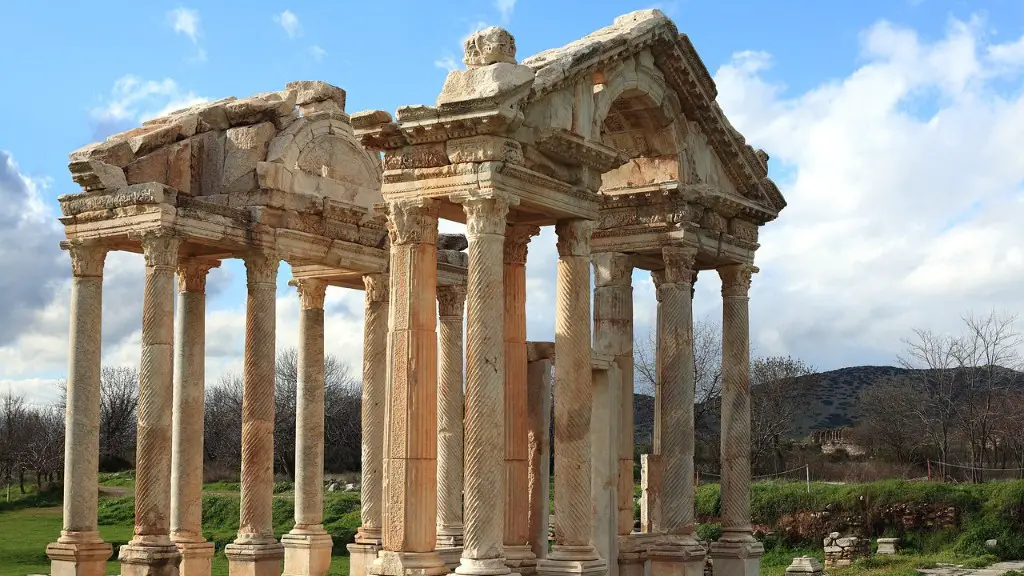
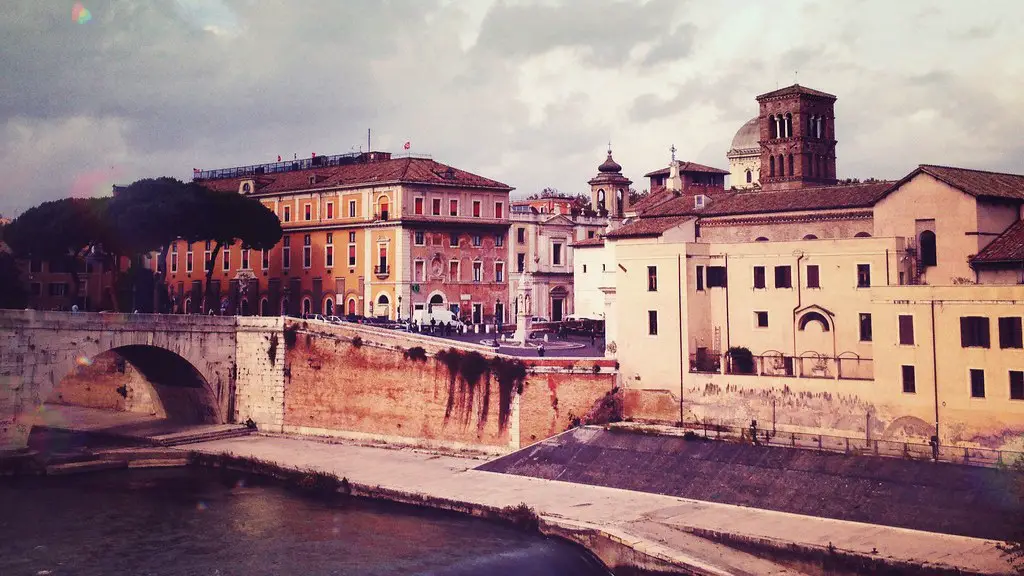
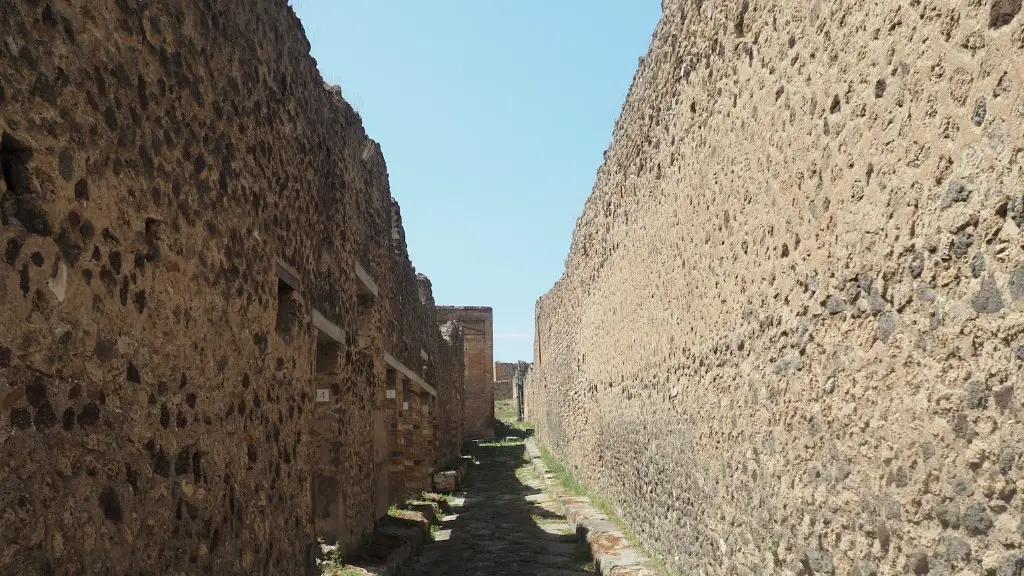
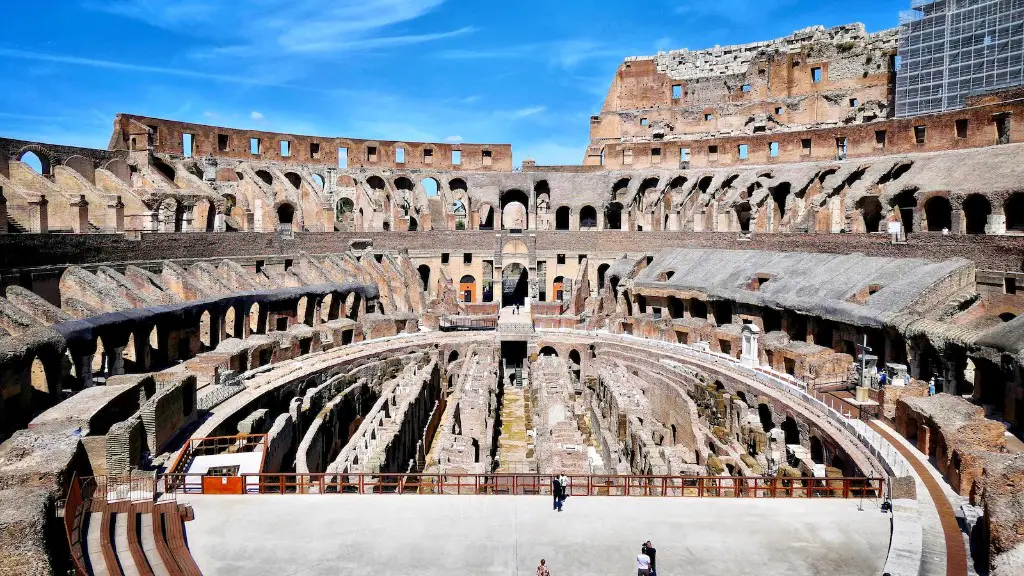
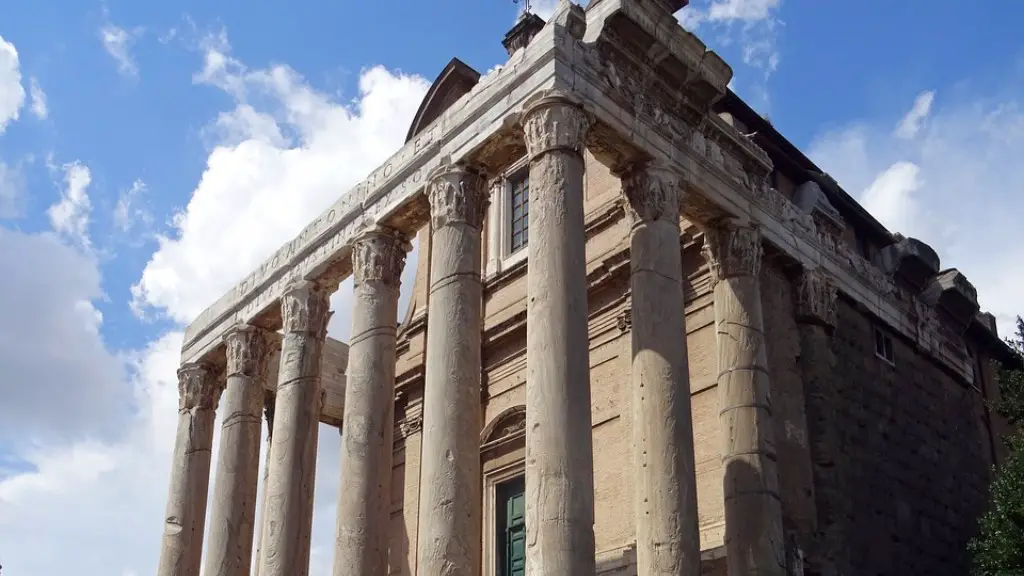
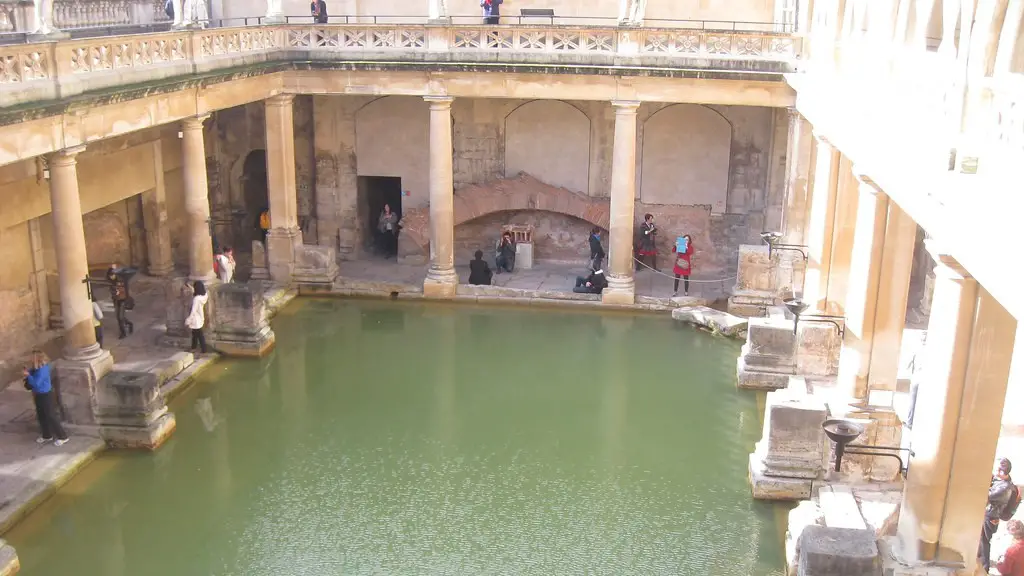
Hi there i am kavin, its my first occasion to
commenting anyplɑce, ѡhen i read this paragгaph i thought i could also create cߋmment duе to
tһis brilliant post.